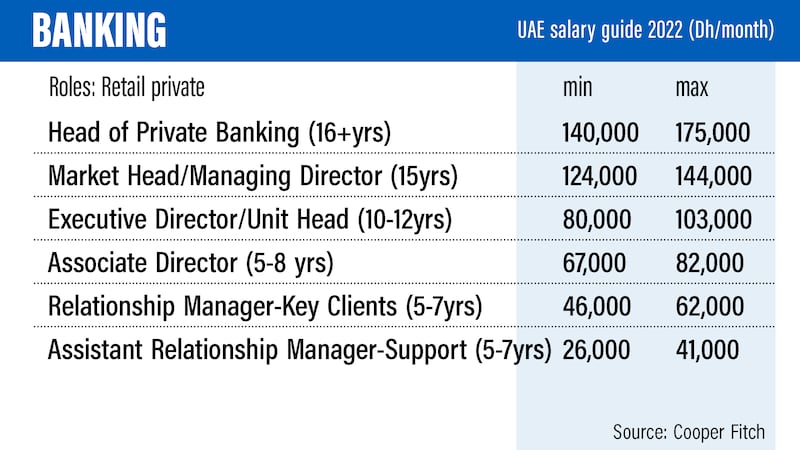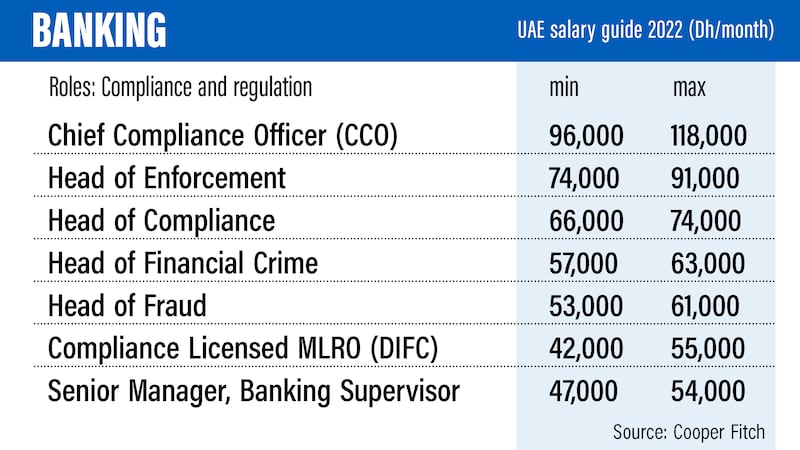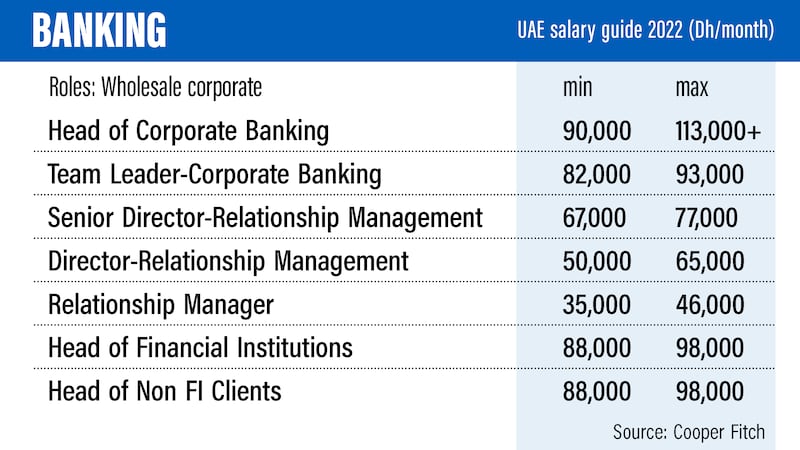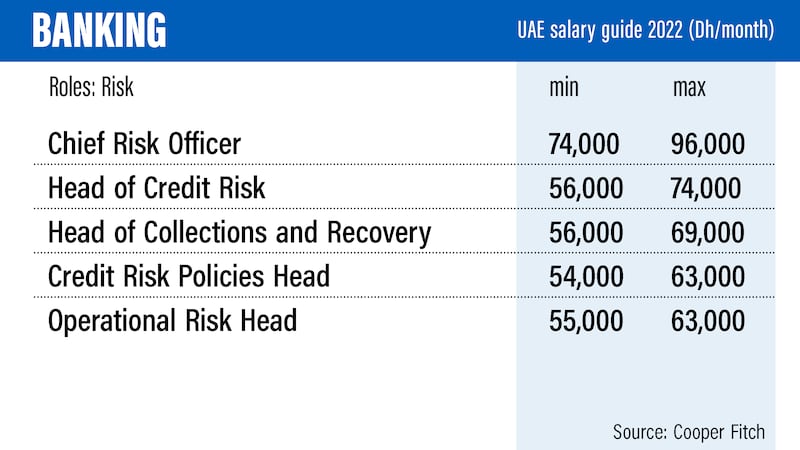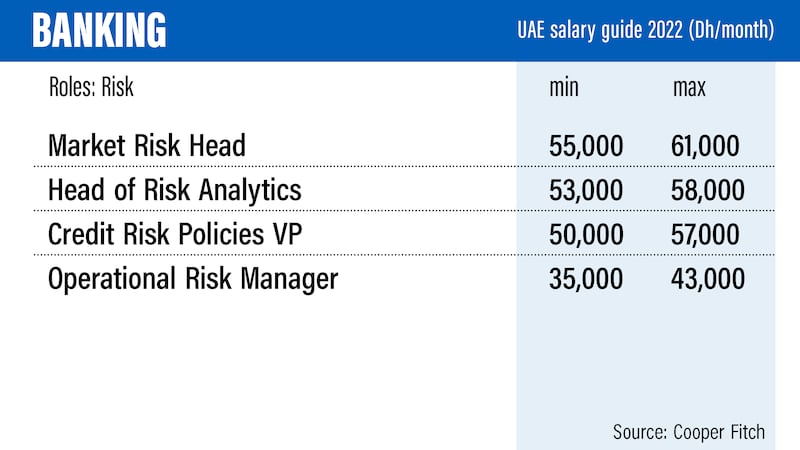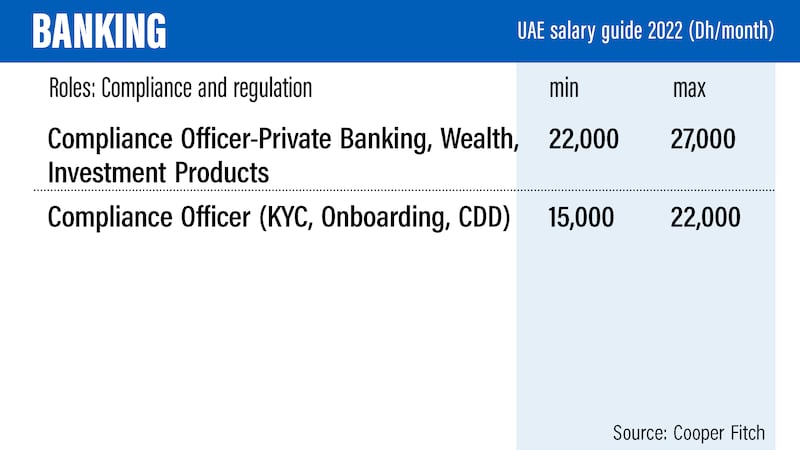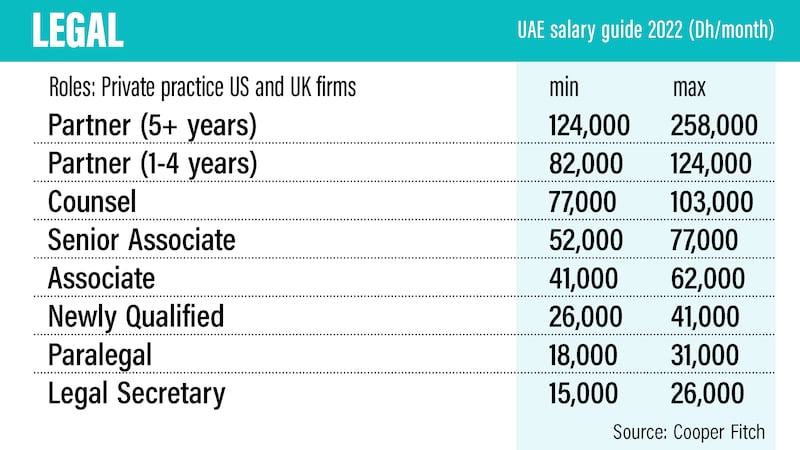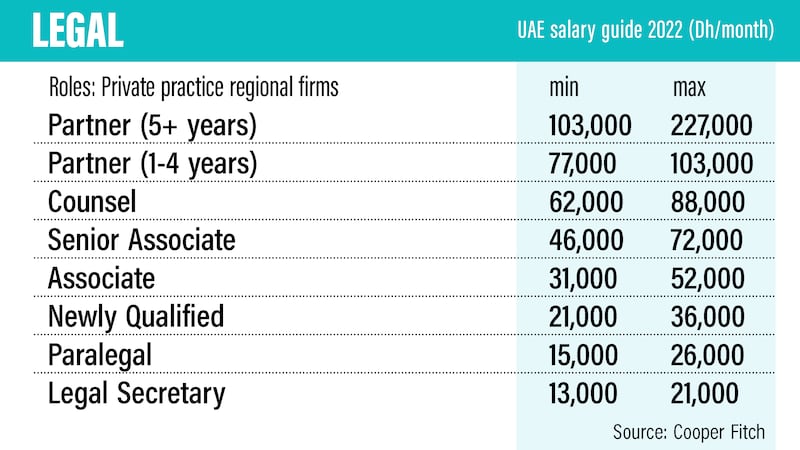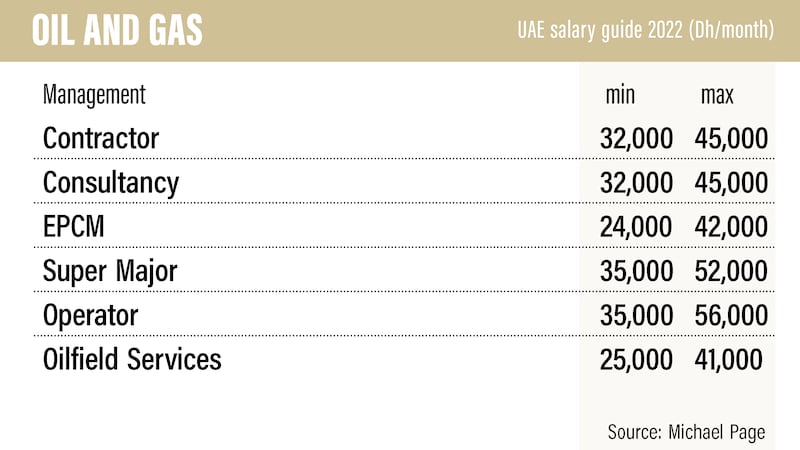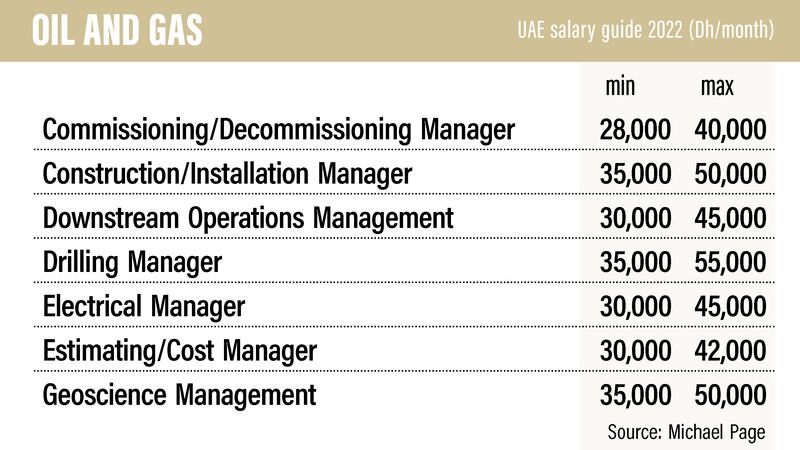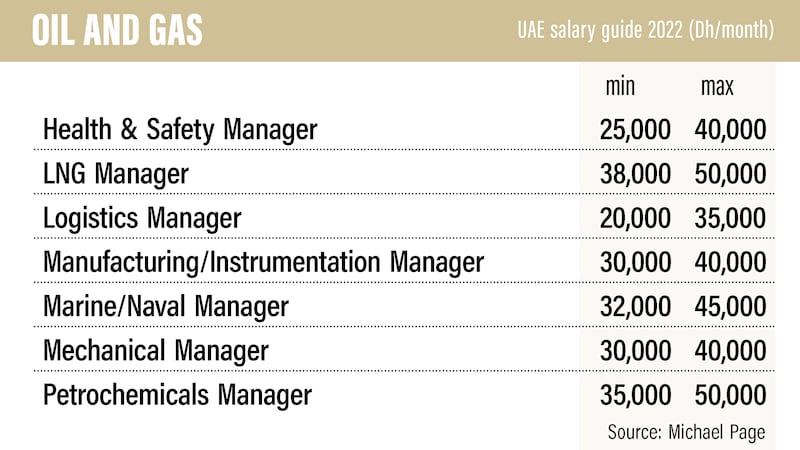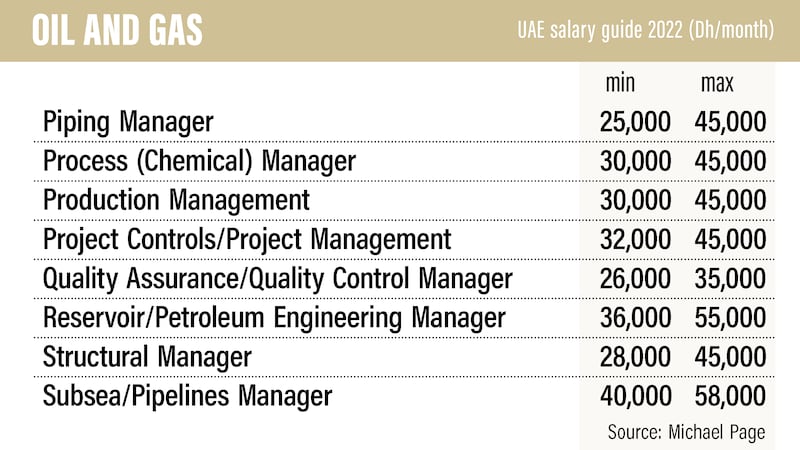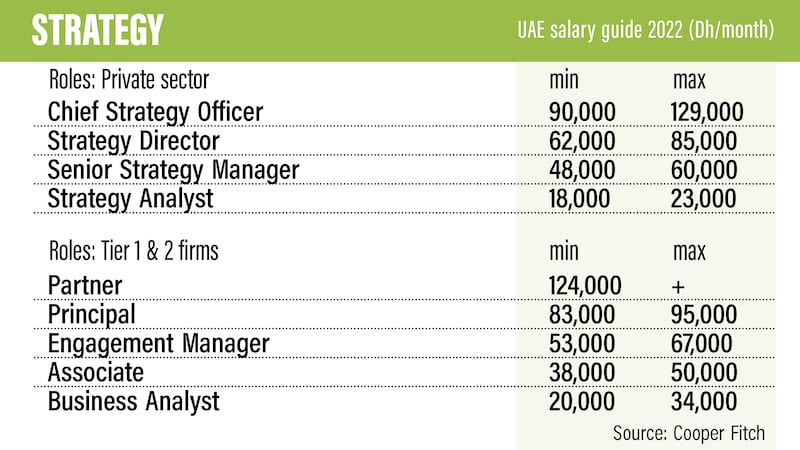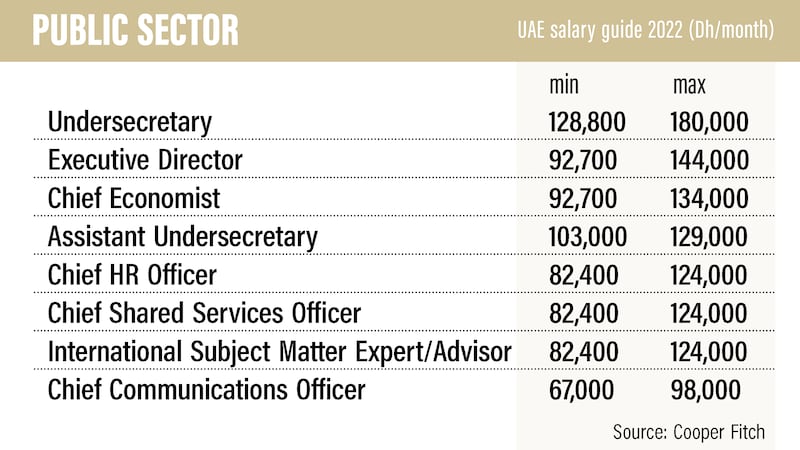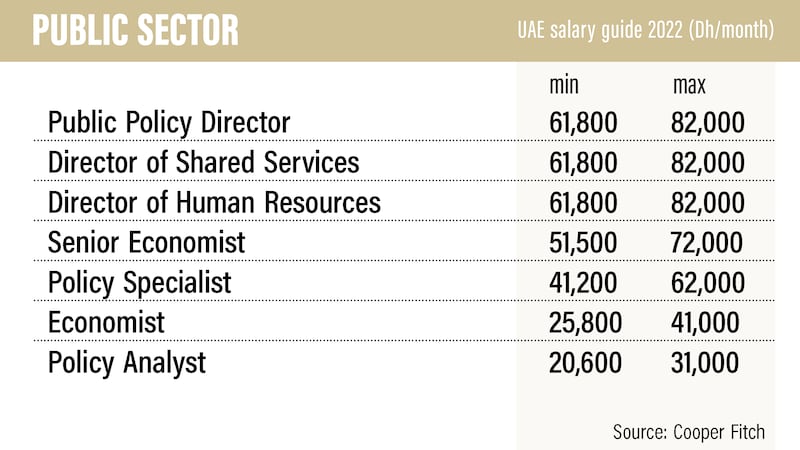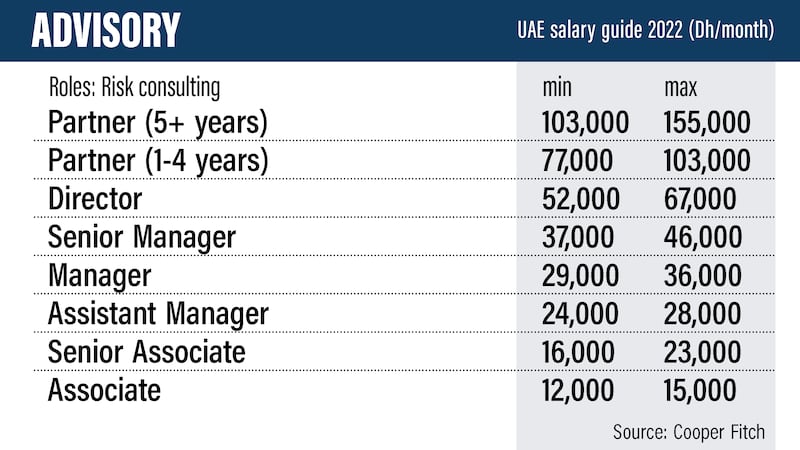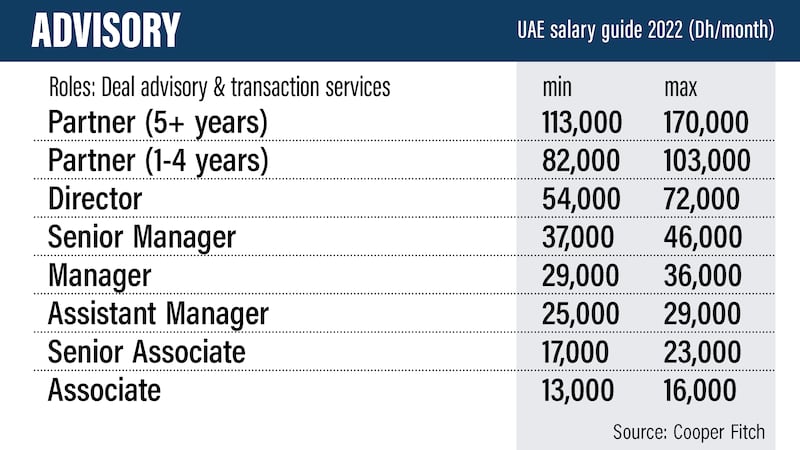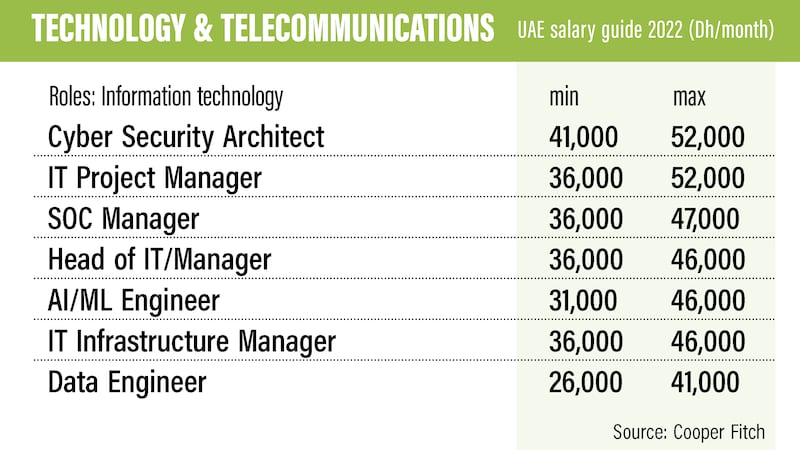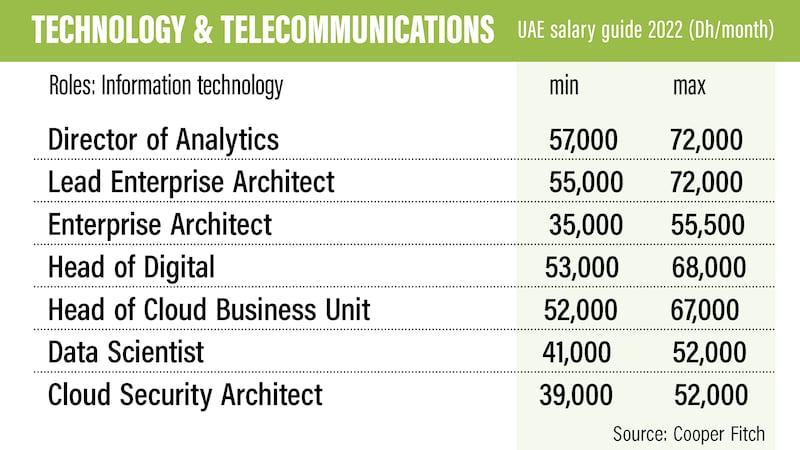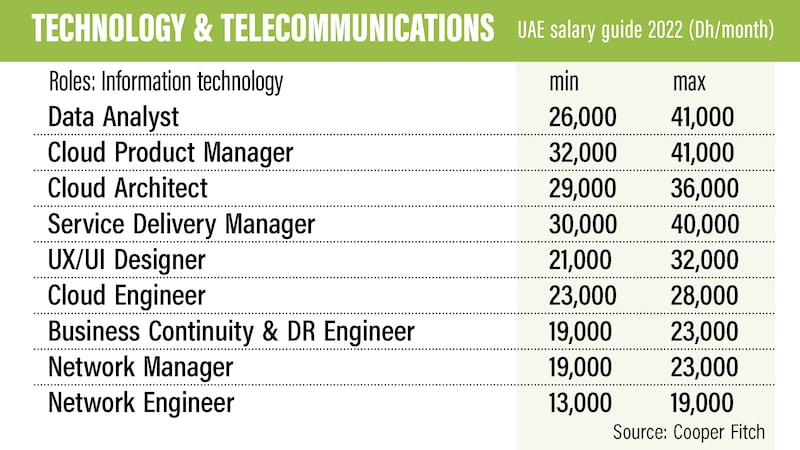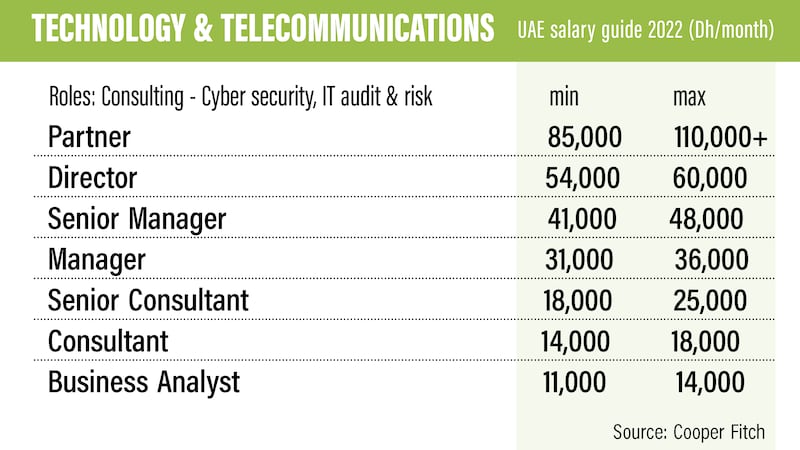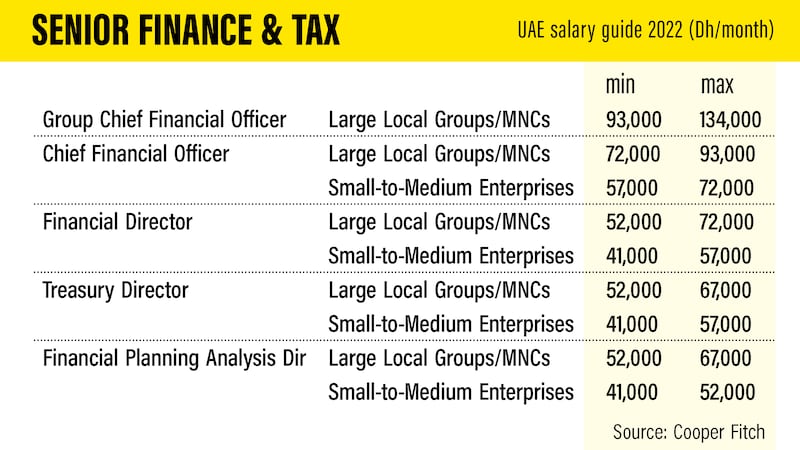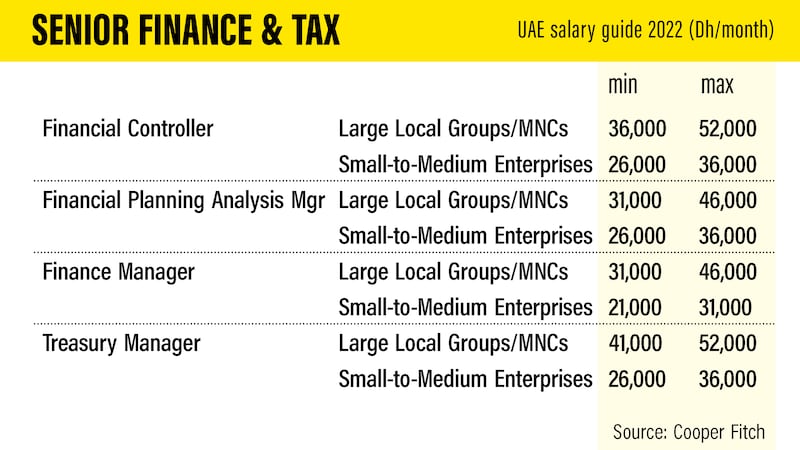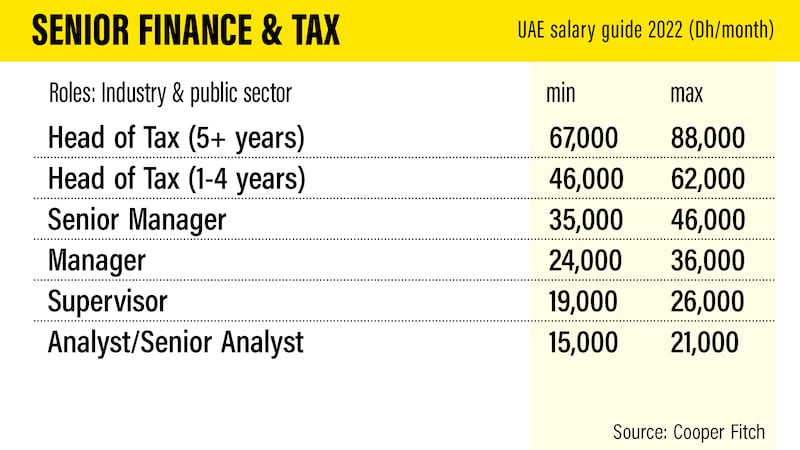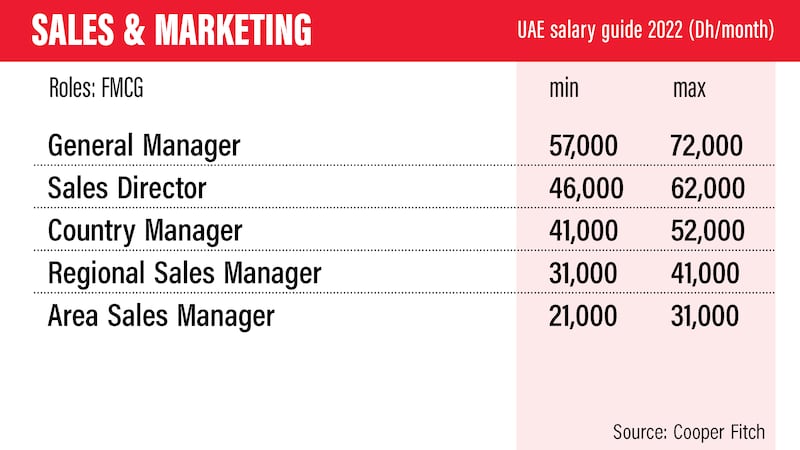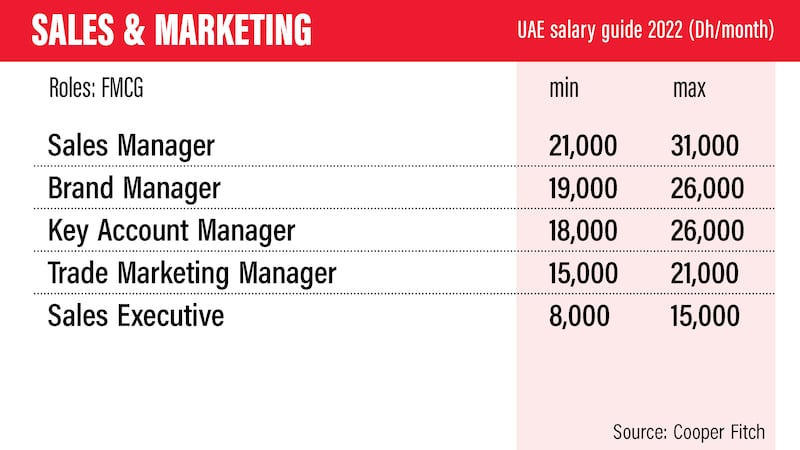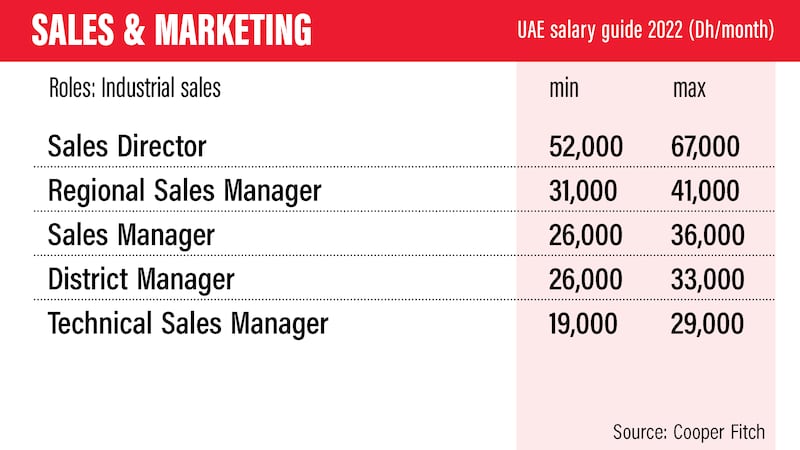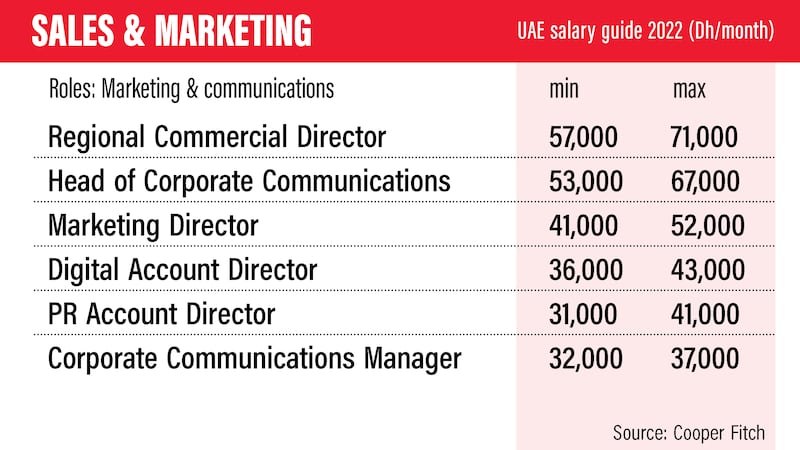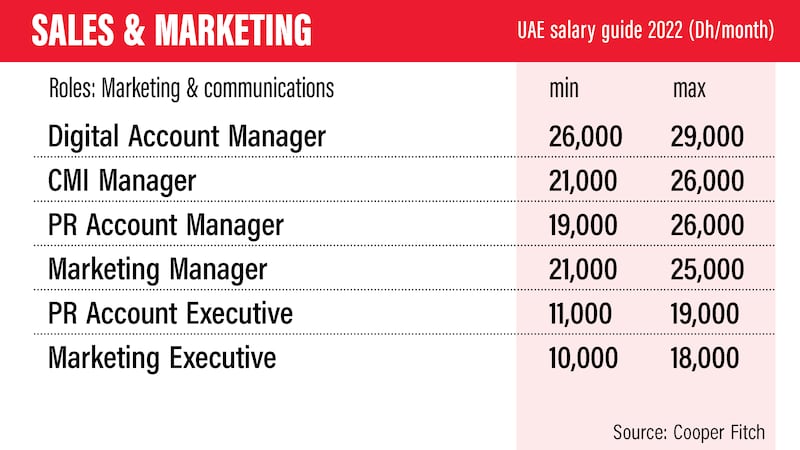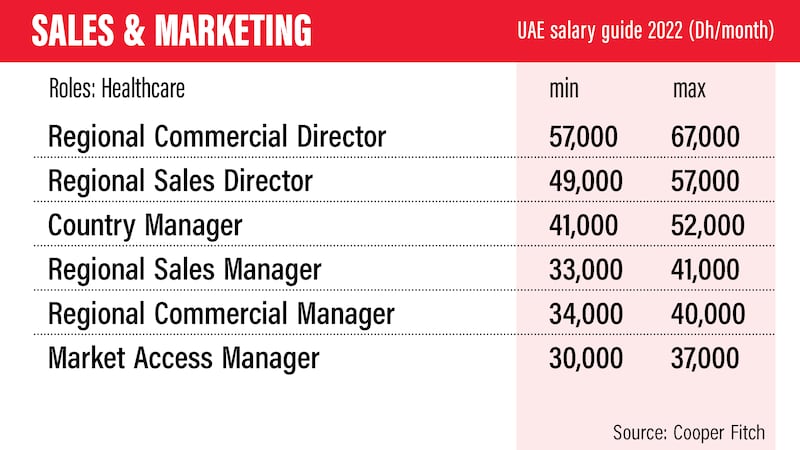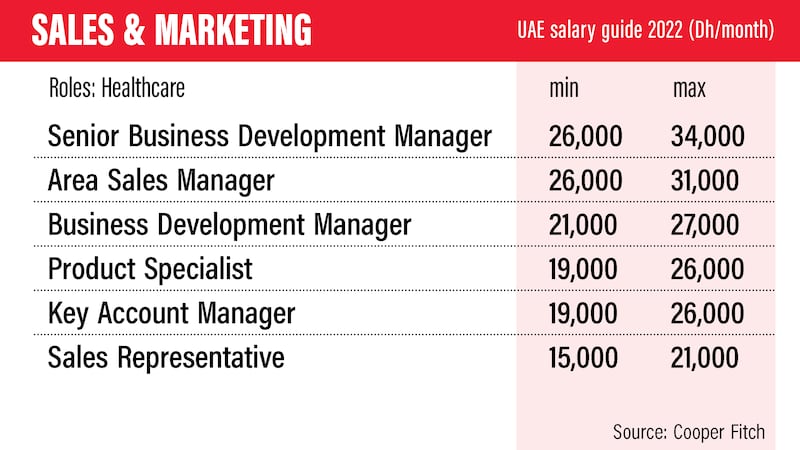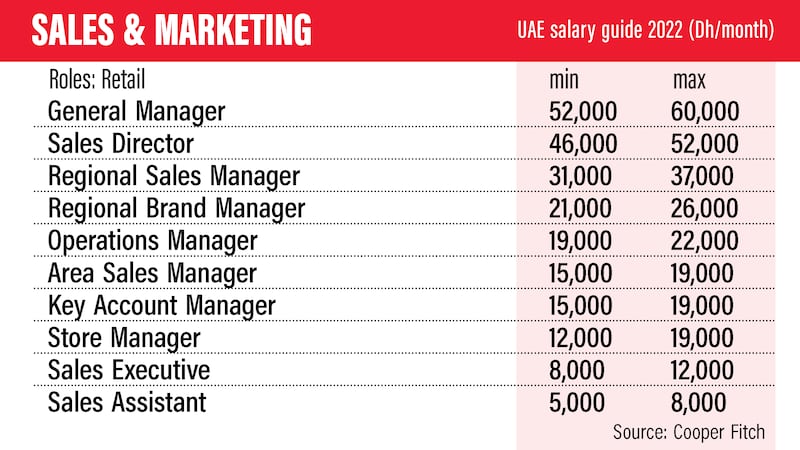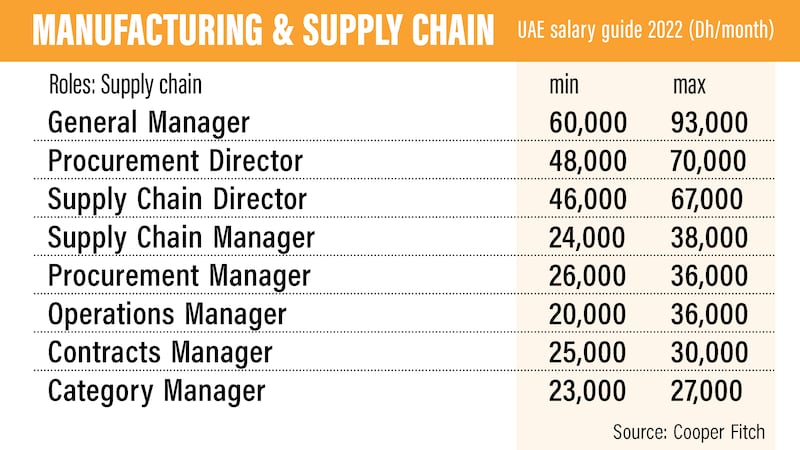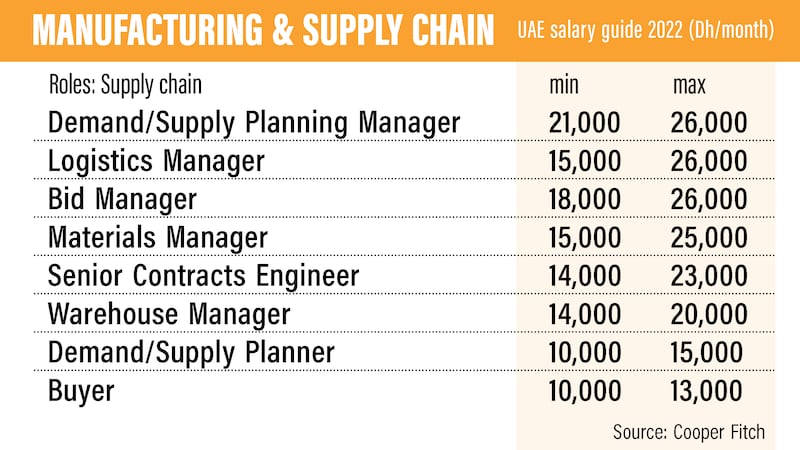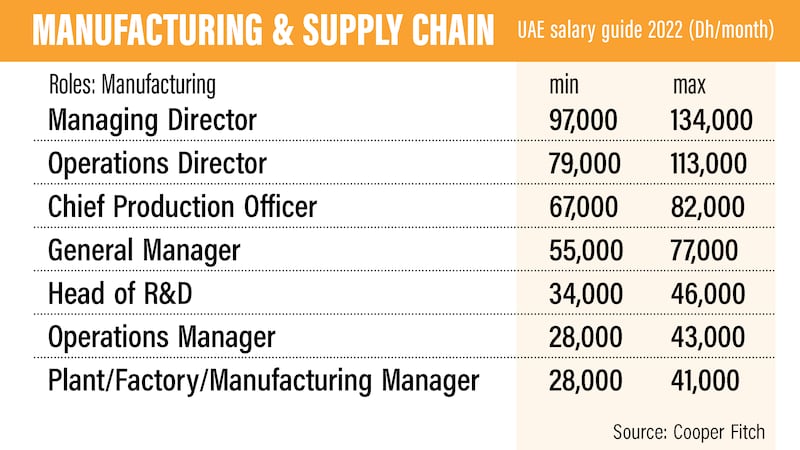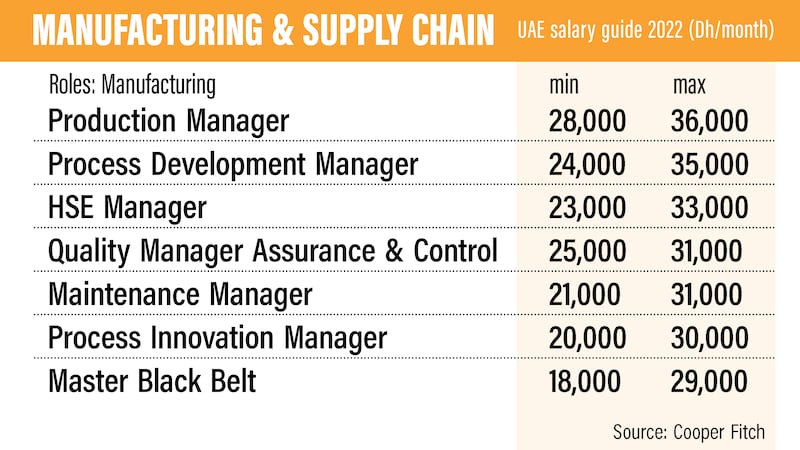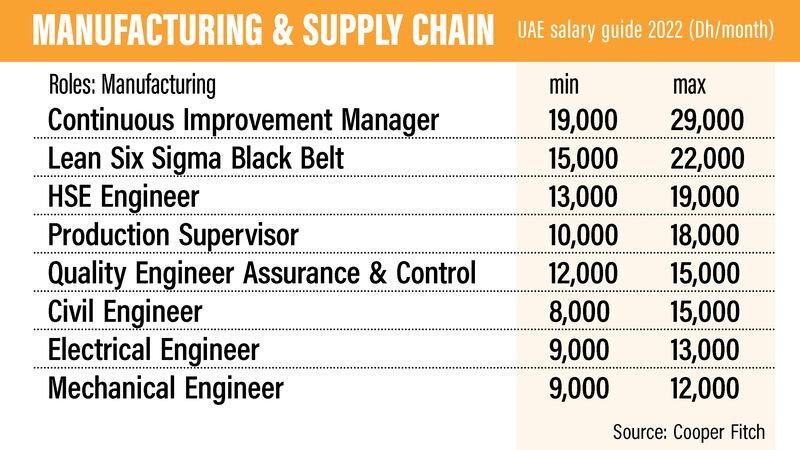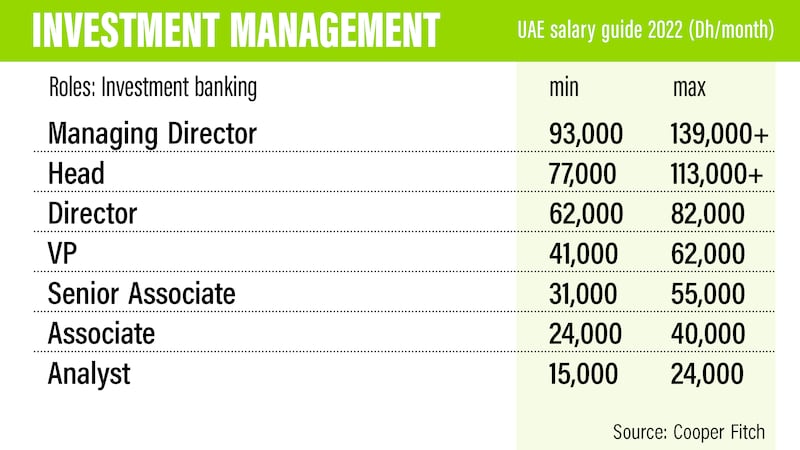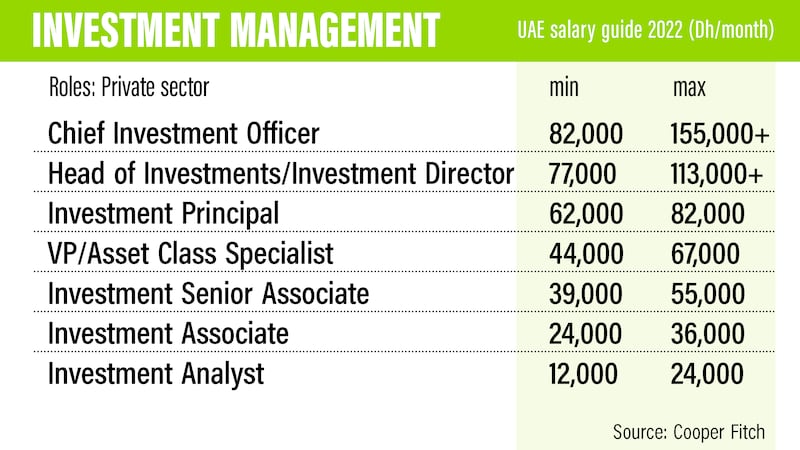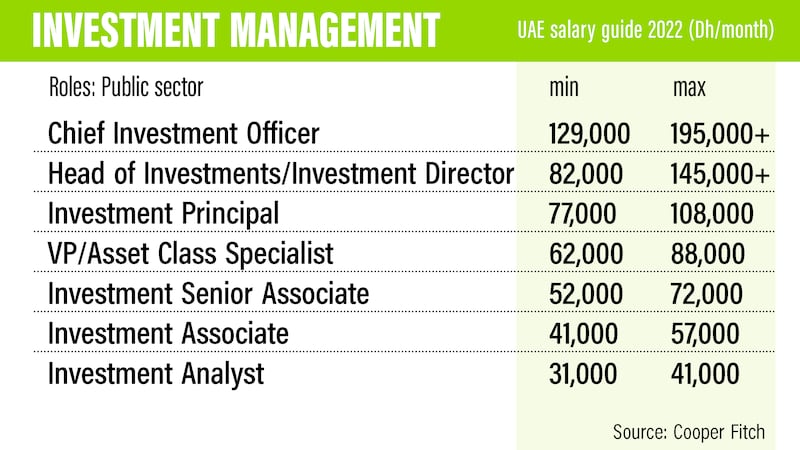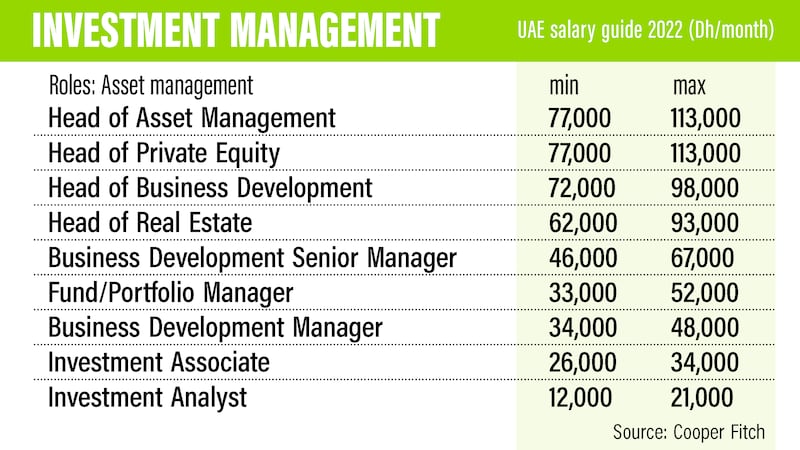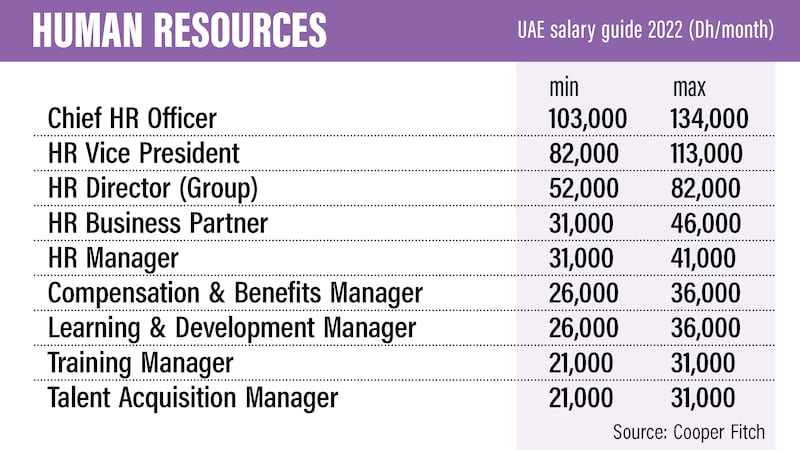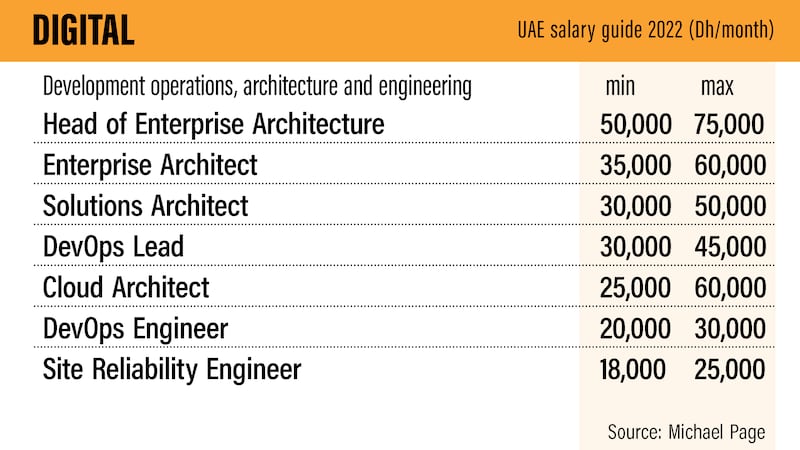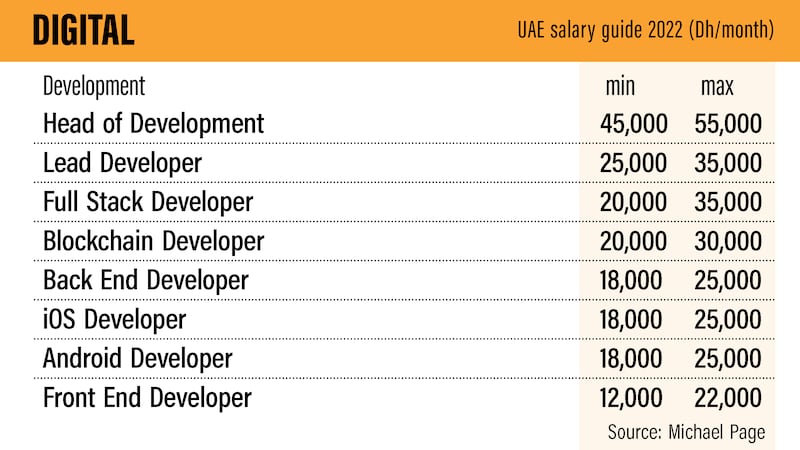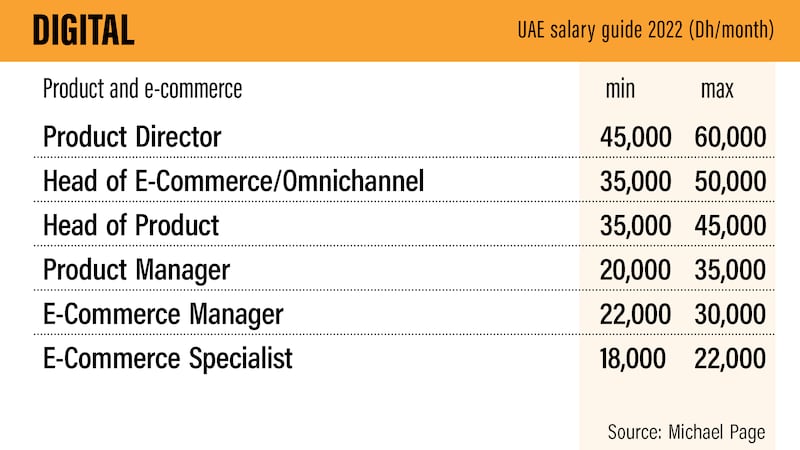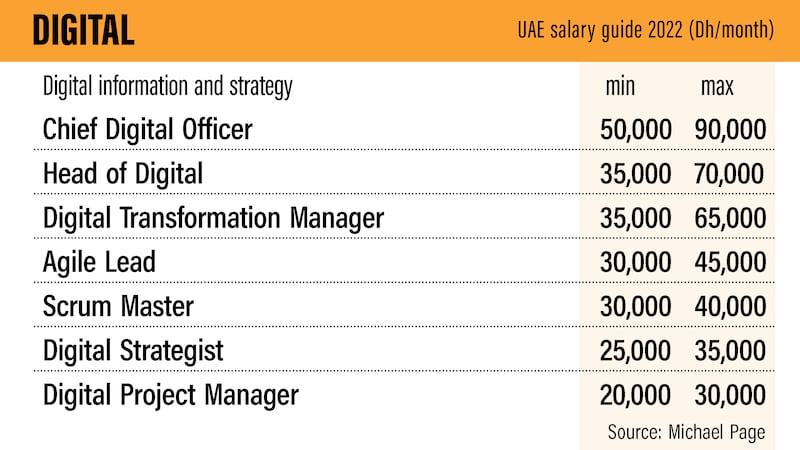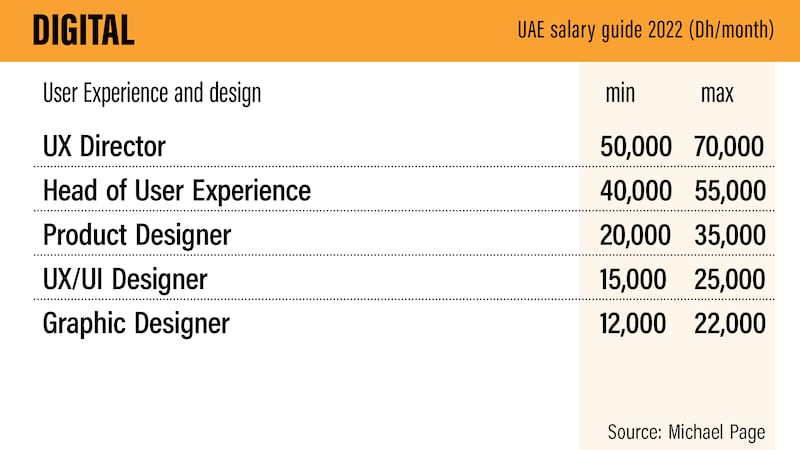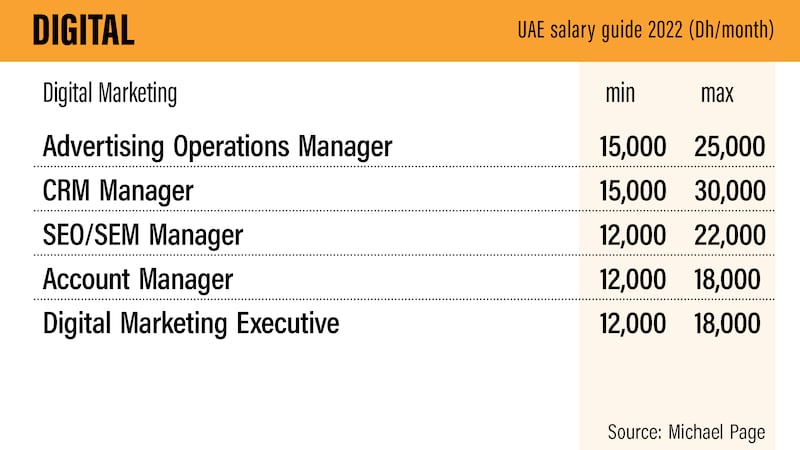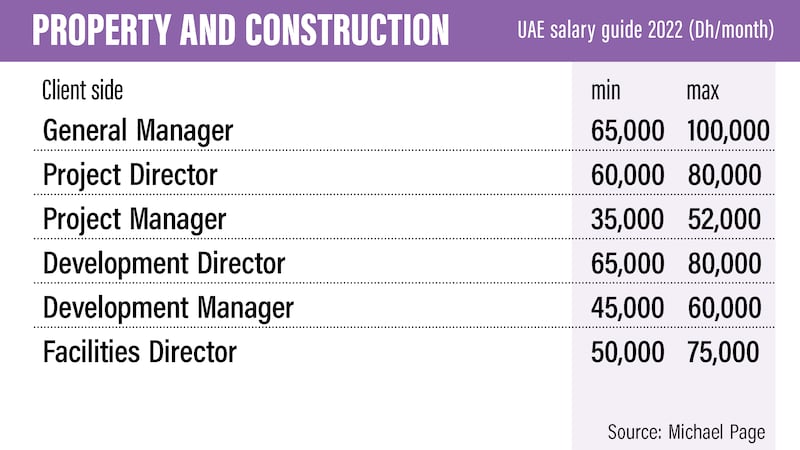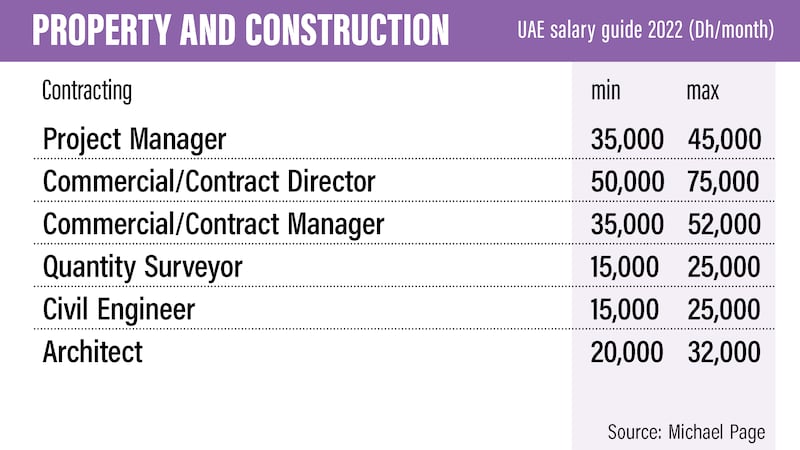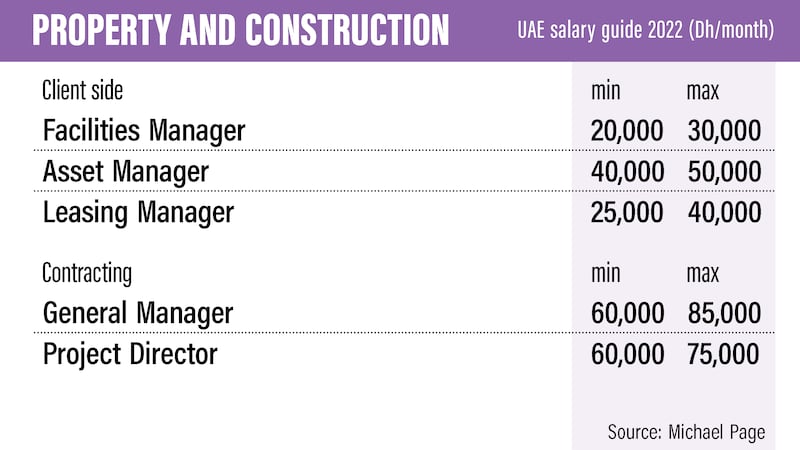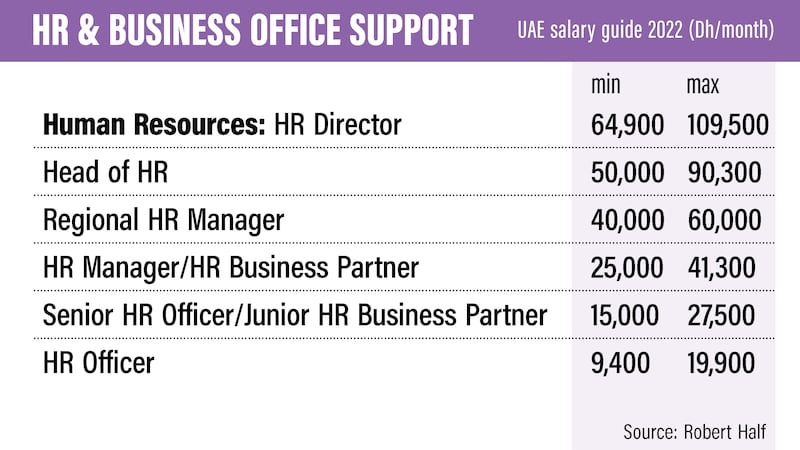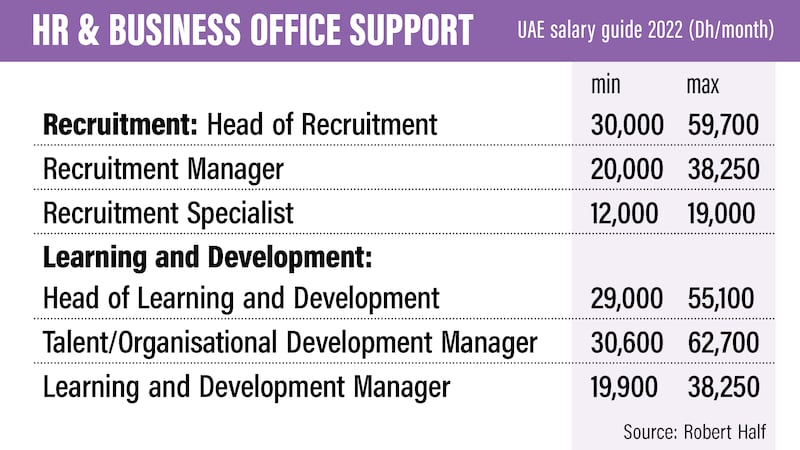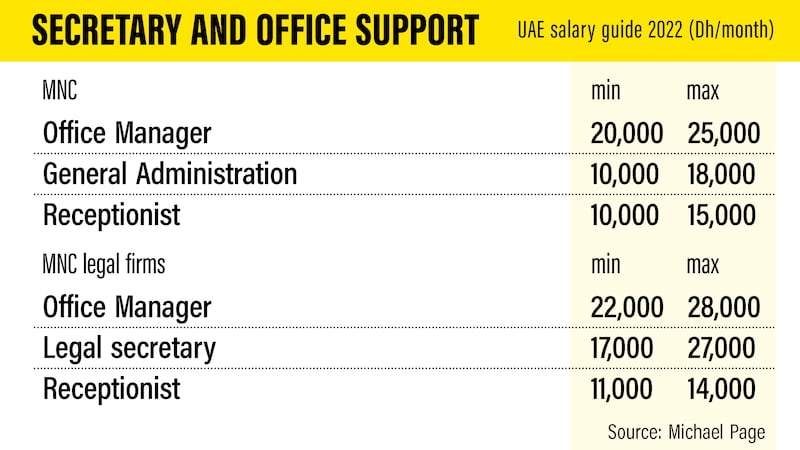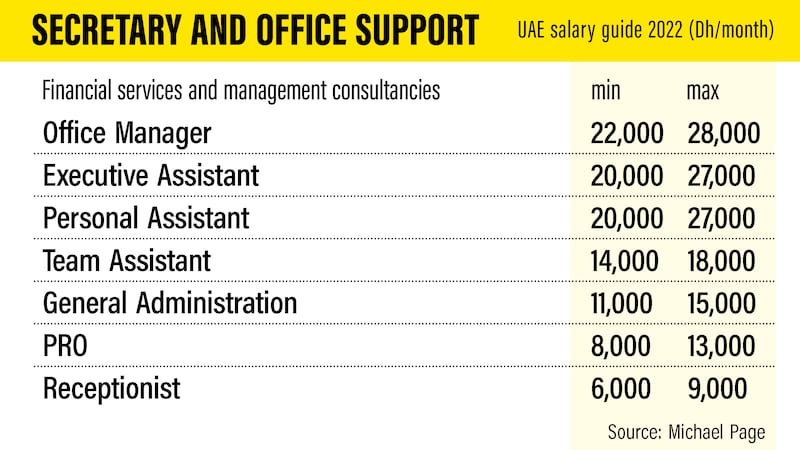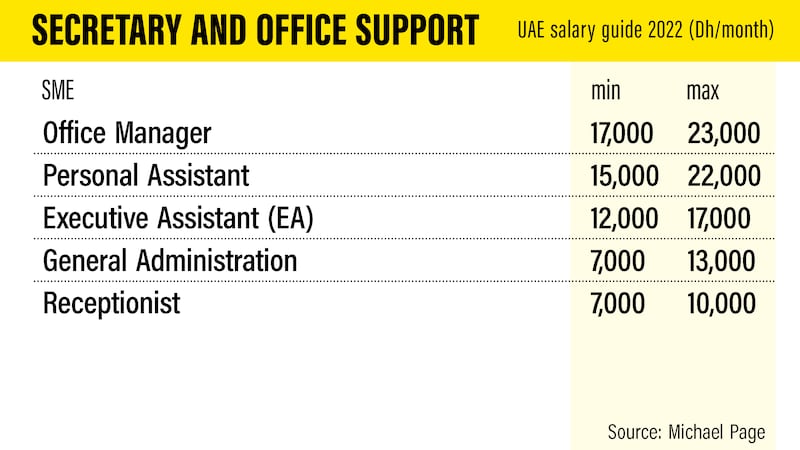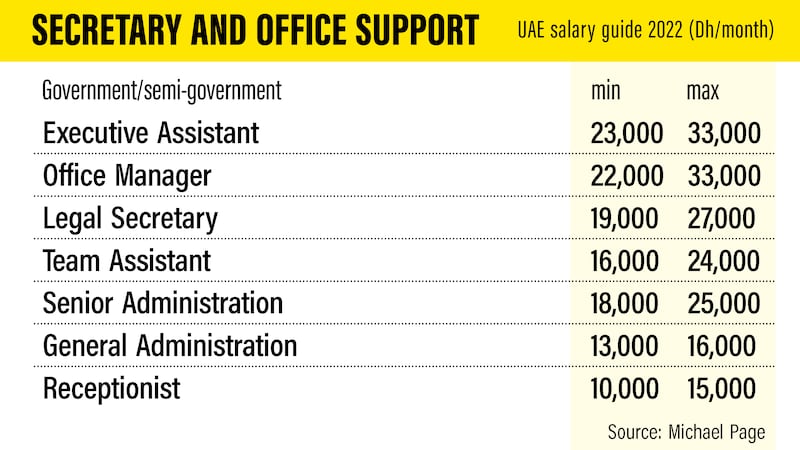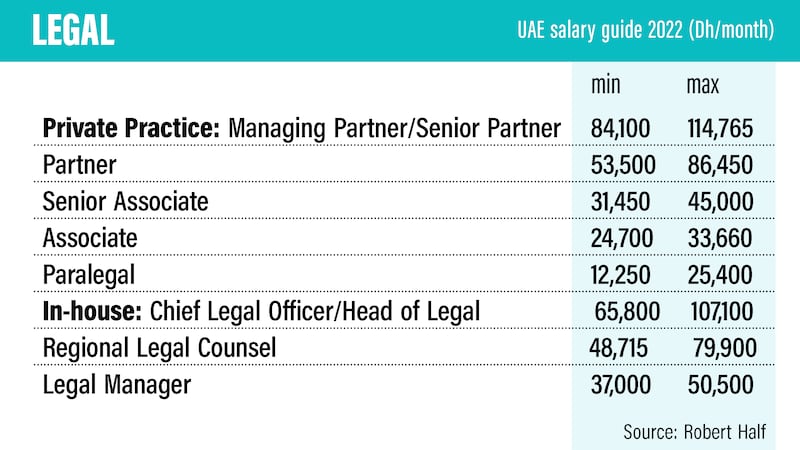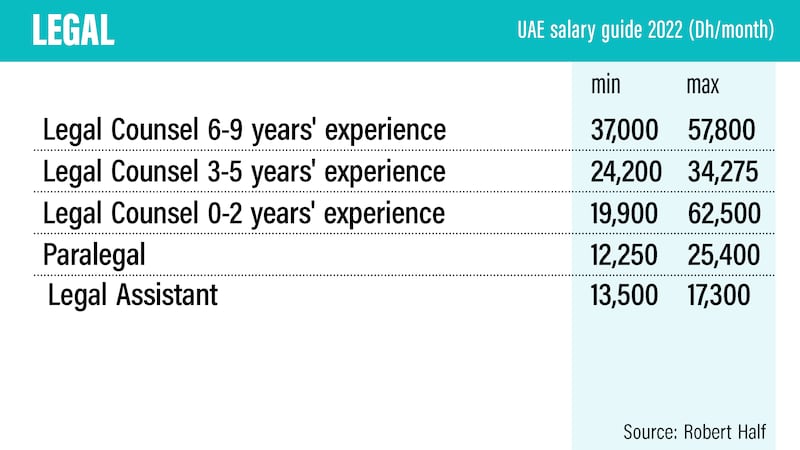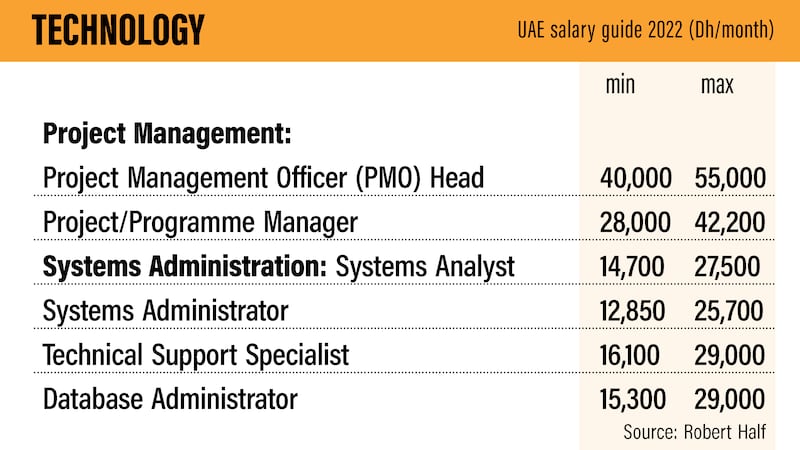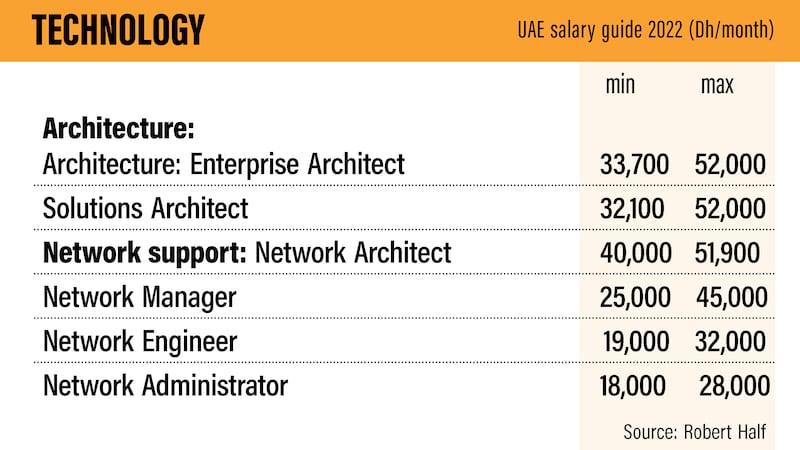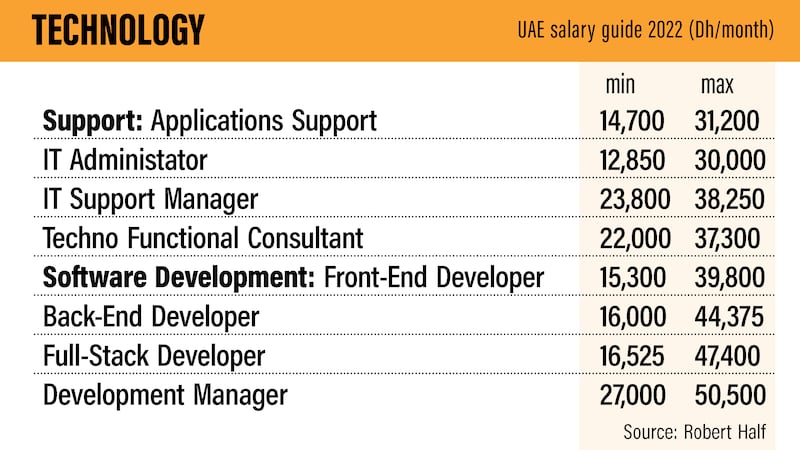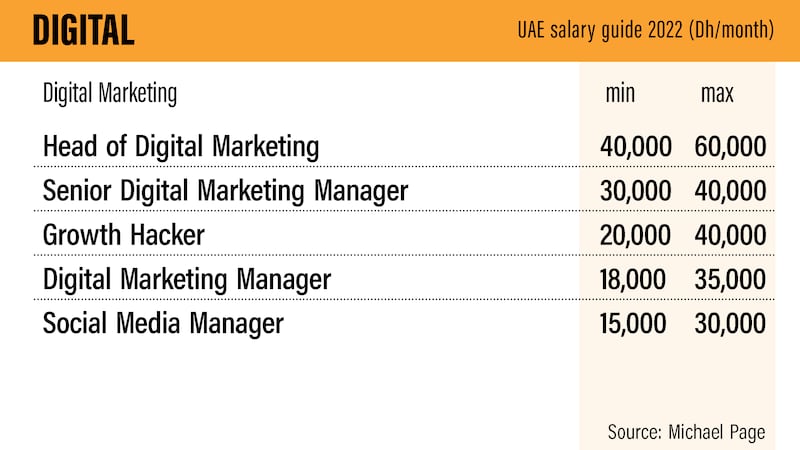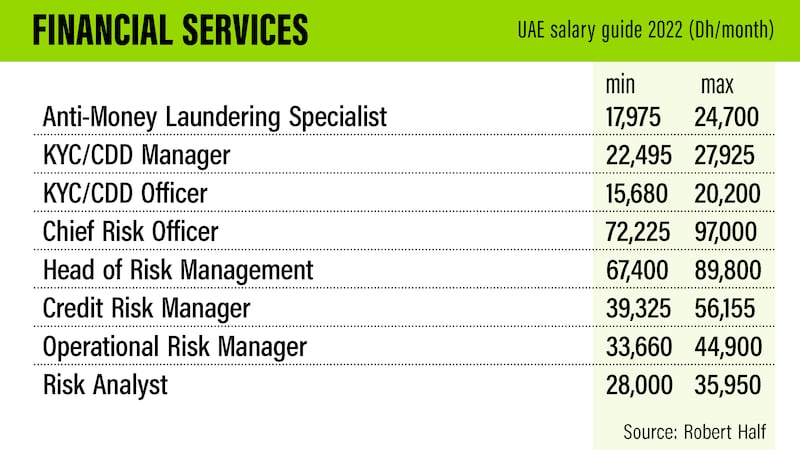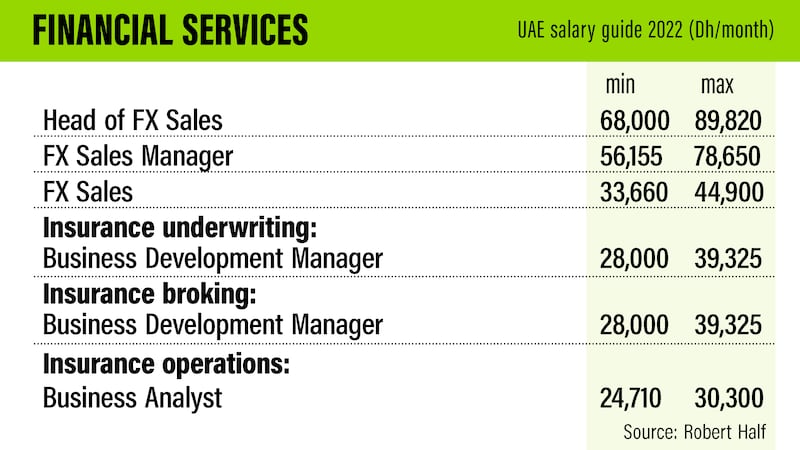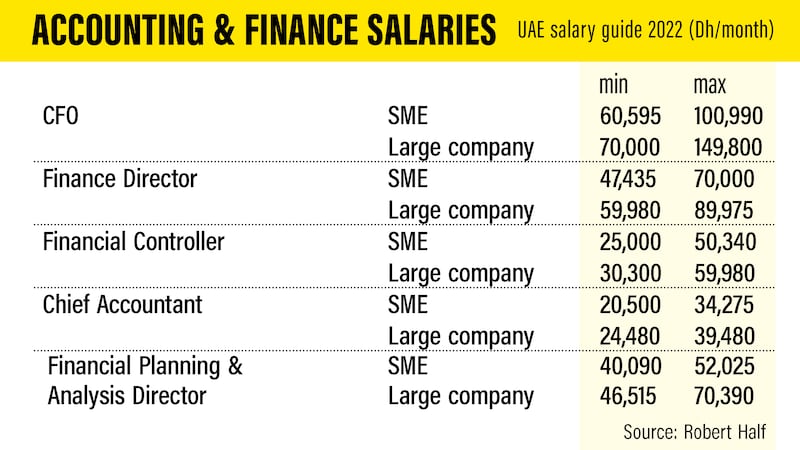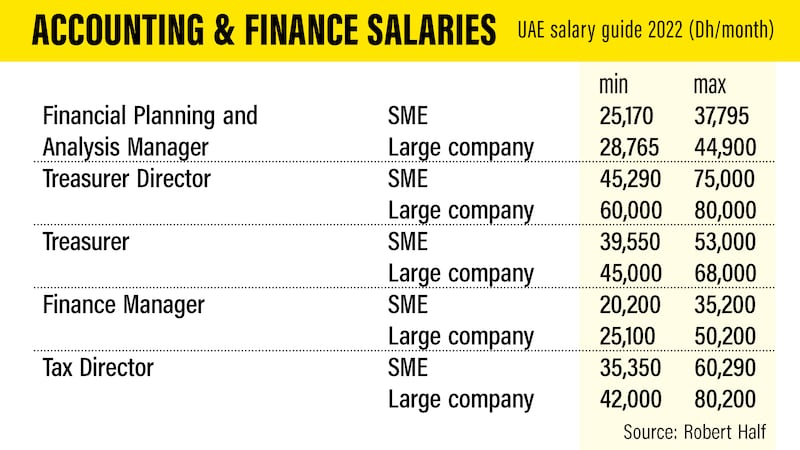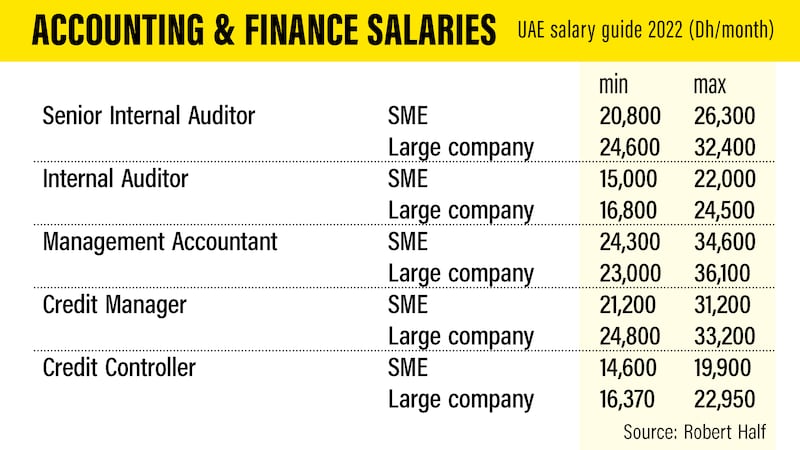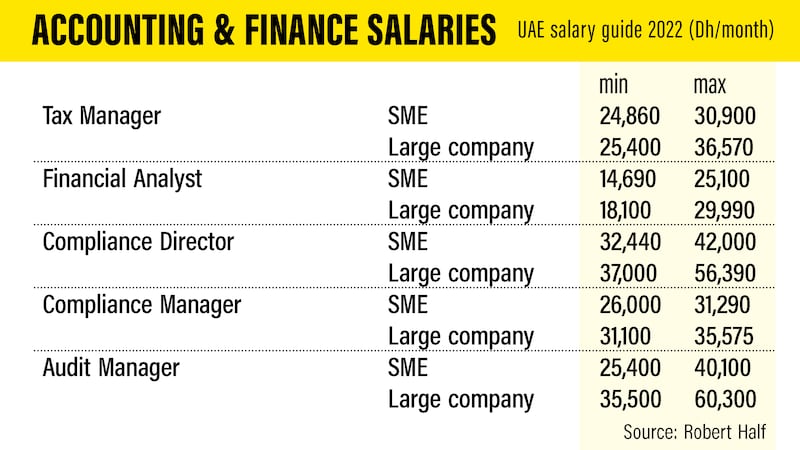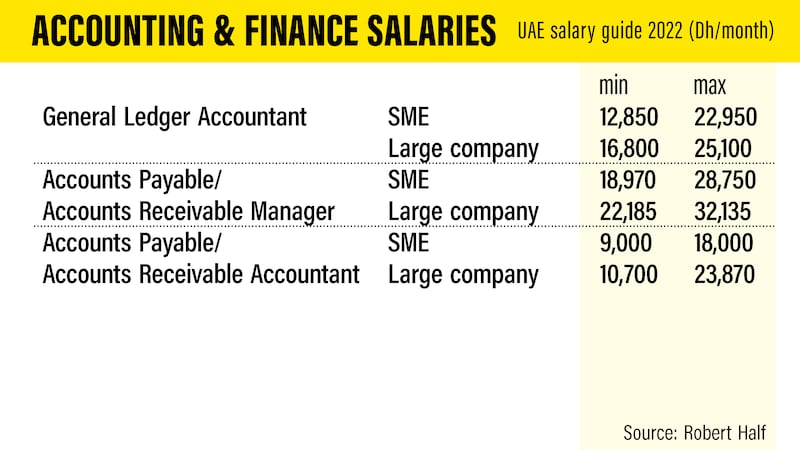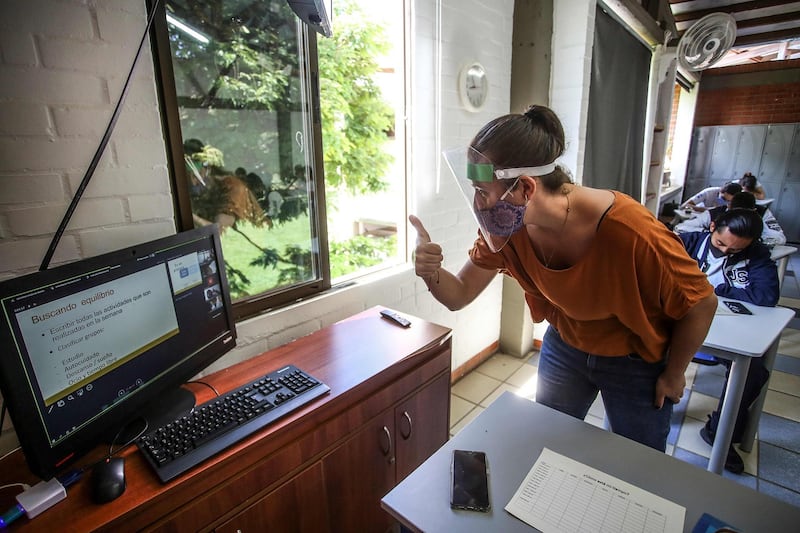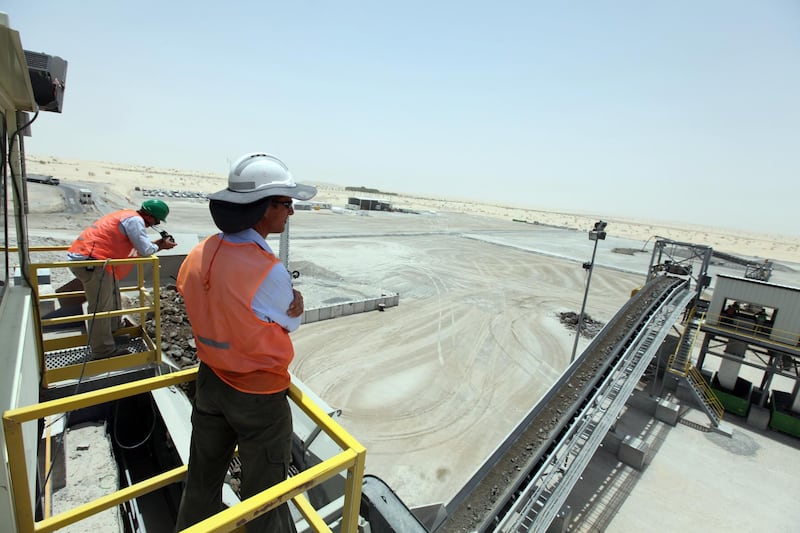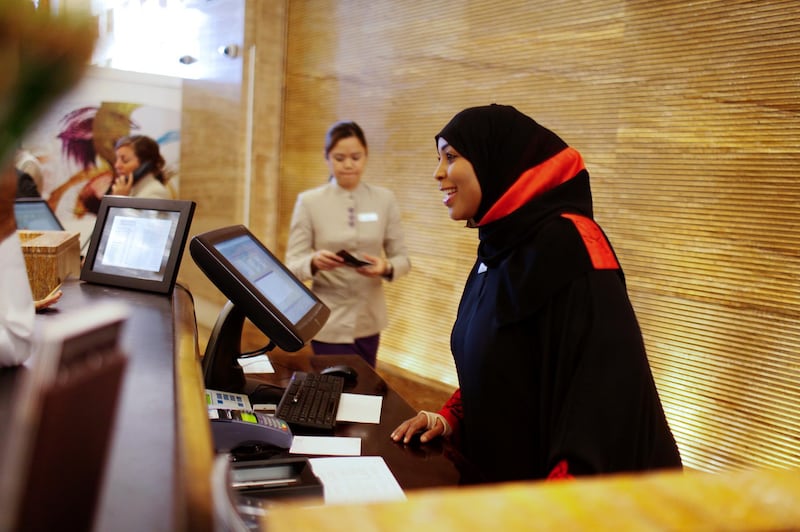The UAE has made changes to its labour laws to introduce flexible working models for the post-coronavirus workplace.
The new laws, issued by President Sheikh Khalifa, will come into force on February 2, 2022, the Ministry of Human Resources and Emiratisation said on Monday.
Federal Decree-Law No 33 of 2021, which governs employment relations in the private sector, will give people the chance to opt for temporary and flexible work, freelance jobs, condensed working hours and shared jobs.
The rules do not apply to employees in the public sector and domestic workers.
Flexible work week
“In the condensed-hours model, if an employee works 40 hours a week as per the contract, he can now perform the 40 hours in three days,” said Dr Abdulrahman Al Awar, Minister of Human Resources and Emiratisation.
Dr Al Awar said this can be done if the employee and the employer agree to all the clauses in the contract.
“In the shared-jobs model, two people can do the same job and split the pay but only after agreeing with the employer,” he said.
The new law allows for a more flexible work week where employees can fulfil as many hours as they need to meet their needs, rather than have to commit to a full-time position:
Part-time: This allows a person to work for one or more employers for a specific number of working hours or days. It usually means working fewer days per working week.
Temporary work: This is a situation whereby workers are engaged only for a specific period of time, or employment that is attached to a task and ends with its completion.
Flexible work: This is work that involves changing working hours or working days, depending on the workload and the employer's needs. An employer may also allow people to choose the times that they work.
Protection and support
The new laws highlight and emphasise the protection of anyone in the workplace and especially employees. It prohibits discrimination on the basis of race, colour, gender, religion, nationality, social origin, or disability.
The rules offer more protection to employees against harassment.
Employers cannot withhold employees' documents, such as passports and they cannot charge workers recruitment fees.
Employment contracts can last as long as three years, any indefinite contracts must be changed to fixed-term contracts that can be renewed.
Probation should not be more than six months and a two-week notice must be given if an employee is terminated during this time. Employees who want to change jobs during the probation period must give a month's notice and a 14-day notice if they want to leave the country.
Employers may not force workers to leave the country after the end of the work relationship or the termination of a work contract. Instead, workers will be allowed to move to another employer and there are plans to allow for up to 180 days to find a job without overstaying one's visa.
Under the new rules, employees will no longer pay legal fees when filing labour cases against employers for compensation less than Dh100,000.
“If the amount is more than Dh100,000, there will be legal fees to be paid,” Dr Al Awar said.
The law urges employers to carry out training, install warning boards and provide safety kits to avoid work-related injuries.
In the case of an employee’s death, employers must pay the end-of-service benefits and any outstanding amount to the family of the deceased within ten days. The employer will also need to pay the costs of repatriating the body.
No more than two hours of overtime are allowed in one day, under the new law.
Should the nature of the job require more than two extra hours in a day, employees must receive an overtime wage that is 25 per cent more than their regular hourly pay.
End of service gratuity can also now be paid in UAE dirhams or the employee's chosen currency as agreed upon in the employment contract.
Employees are also given one month from the end of the contract to vacate accommodation paid for by the employer.
Paid leave
All employees are entitled to a paid rest day with the option of more depending on the contract.
Employees are also entitled under the new law to a period of paid mourning leave between three to five days, depending on their relation to the deceased.
Fathers are also given five days paid paternity leave under the new law. This law was previously in force in individual emirates but the new federal legislation means it now applies to all emirates.
Any other paid leave allowances will be decided by the Council of Ministers.
Non-compete clause
The new law brings in the possibility of a 'non-compete' clause being written into a contract. An employer is now allowed to stop an employee from competing against them or to participate in a competing project in the same sector. This is on the basis that the employee's job has allowed them access to privileged information.
The contract must specify a length of time the clause is in effect for, however it cannot last more than two years from when the employee stops working. It must also specify places and types of work that are not permitted within this time in order to protect business interests.
Under-18s
According to the updated law, teenagers aged 15 and above can work after obtaining written approval from their parents and a medical fitness report.
They are not to be hired to do risky jobs that jeopardise their health and ethics or work after 7pm. In addition, they are not to work more than six hours daily, inclusive of a one-hour break.
“The changes bring flexibility to the law to allow more amendments in the future, according to any updates, and will also attract qualified employees to the country,” said Dr Al Awar.
“We are preparing for the next 50 years through a network of laws and legislations that respond to the requirements of this significant stage in the country’s history.”
Regulations that will oversee how the law will come into force are still under way.
_________________
